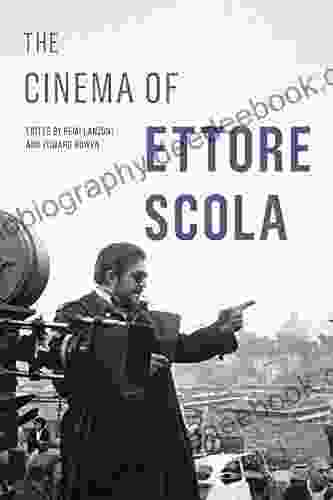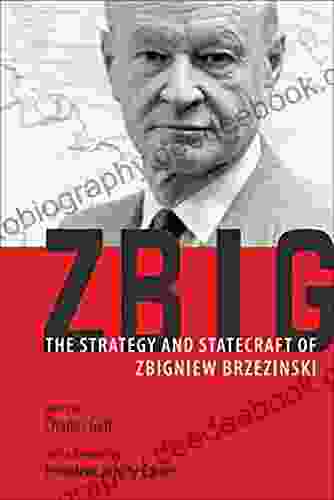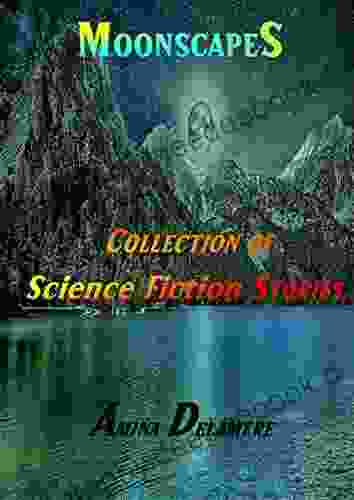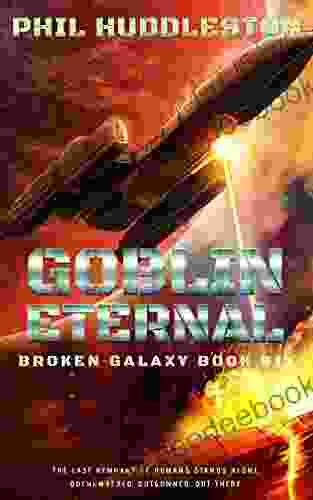The Cinema of Ettore Scola: A Contemporary Approach to Film and Media

Ettore Scola (1931-2016) was one of the most prolific and critically acclaimed Italian filmmakers of the 20th century. His films, which often explored social and political issues with a blend of humor and pathos, earned him numerous awards and accolades, including the Palme d'Or at the Cannes Film Festival. In this article, we will explore the cinema of Ettore Scola, examining his unique style, recurring themes, and lasting legacy in the world of film and media.
4 out of 5
| Language | : | English |
| File size | : | 4240 KB |
| Text-to-Speech | : | Enabled |
| Enhanced typesetting | : | Enabled |
| Screen Reader | : | Supported |
| Print length | : | 335 pages |
Neorealism and the Influence of De Sica
Scola's early work was heavily influenced by the Italian neorealist movement, which sought to depict the lives of ordinary people in a realistic and unsentimental manner. This influence is evident in films such as We All Loved Each Other So Much (1974),which follows a group of friends from their youth in the 1930s through the political and social upheavals of the following decades. Scola's use of non-professional actors and location shooting lent a sense of authenticity to his films, while his sharp eye for detail and his ability to capture the complexities of human relationships gave them a universal appeal.
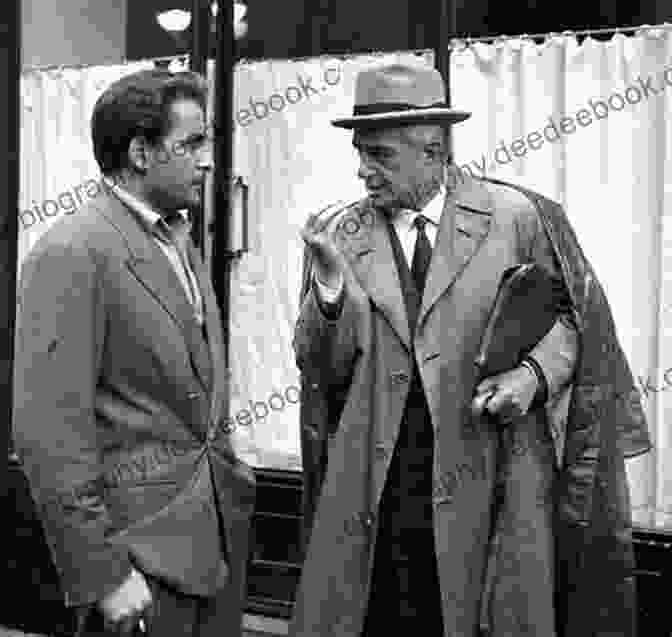
Scola's mentor, Vittorio De Sica, was a leading figure in the neorealist movement. Scola worked as an assistant director on several of De Sica's films, including the classic Bicycle Thieves (1948). De Sica's influence can be seen in Scola's use of everyday settings and his focus on the lives of the working class. However, Scola's films also displayed a more playful and comedic side, which set him apart from the more austere works of De Sica and other neorealist directors.
Social Commentary and Political Engagement
Throughout his career, Scola used his films to explore a wide range of social and political issues, including fascism, the rise of consumerism, and the changing role of women in society. His films often took a critical look at Italian society, exposing its hypocrisies and injustices. However, Scola's films were never simply didactic or polemical. He always approached his subject matter with a sense of humor and compassion, and he believed that cinema could be a powerful force for social change.
One of Scola's most famous films, Ugly, Dirty, and Bad (1976),is a scathing indictment of the corruption and violence that gripped Italy in the 1970s. The film follows a group of petty criminals who are drawn into a spiral of violence that ultimately leads to their destruction. Scola's film is a powerful and unflinching look at the dark side of Italian society, but it is also a film full of humor and compassion.
Scola's political engagement extended beyond his films. He was a vocal critic of the Italian government, and he often used his public platform to speak out against injustice and corruption. In 1996, he was elected to the Italian Senate as a member of the Democratic Party.
Comedy and the Grotesque
While Scola was often praised for his social and political insights, he was also a master of comedy. His films are full of memorable characters and hilarious situations, and he had a gift for finding the humor in even the darkest of subjects. Scola's use of comedy was often tinged with a sense of the grotesque, and he was not afraid to explore the darker side of human nature.
One of Scola's most famous comedies, A Special Day (1977),is set in Rome on the day that Mussolini visits the city. The film follows a group of characters as they try to make the best of the situation, despite the oppressive atmosphere. Scola's film is a hilarious and moving look at the resilience of the human spirit in the face of adversity.
Scola's use of the grotesque is also evident in his film The Terrace (1980),which follows a group of friends who gather on a rooftop to celebrate the end of the school year. The film is a bittersweet comedy that explores the complexities of human relationships and the inevitable passage of time. Scola's use of grotesque imagery in the film, such as a group of elderly men dressed in clown costumes, serves to highlight the absurdity and meaninglessness of life.
Legacy and Influence
Ettore Scola was one of the most important and influential Italian filmmakers of the 20th century. His films have been praised for their social and political insights, their humor and wit, and their unique blend of realism and fantasy. Scola's films have had a lasting impact on world cinema, and they continue to be studied and enjoyed by audiences around the globe.
Scola's legacy can be seen in the work of many contemporary filmmakers, including Paolo Sorrentino, Matteo Garrone, and Francesca Comencini. These filmmakers have all been inspired by Scola's unique style and his commitment to social and political engagement. Scola's films have also had a significant impact on world cinema, and they have helped to shape the way that we think about Italian society and culture.
Ettore Scola was a true master of cinema. His films are a testament to his talent, his vision, and his commitment to using cinema as a force for good. Scola's films will continue to be enjoyed and studied for years to come, and his legacy will continue to inspire future generations of filmmakers.
4 out of 5
| Language | : | English |
| File size | : | 4240 KB |
| Text-to-Speech | : | Enabled |
| Enhanced typesetting | : | Enabled |
| Screen Reader | : | Supported |
| Print length | : | 335 pages |
Do you want to contribute by writing guest posts on this blog?
Please contact us and send us a resume of previous articles that you have written.
 Book
Book Novel
Novel Page
Page Chapter
Chapter Text
Text Story
Story Genre
Genre E-book
E-book Magazine
Magazine Newspaper
Newspaper Paragraph
Paragraph Bookmark
Bookmark Shelf
Shelf Synopsis
Synopsis Annotation
Annotation Manuscript
Manuscript Codex
Codex Bestseller
Bestseller Biography
Biography Memoir
Memoir Dictionary
Dictionary Thesaurus
Thesaurus Character
Character Resolution
Resolution Catalog
Catalog Card Catalog
Card Catalog Stacks
Stacks Archives
Archives Scholarly
Scholarly Lending
Lending Reserve
Reserve Academic
Academic Journals
Journals Reading Room
Reading Room Rare Books
Rare Books Special Collections
Special Collections Literacy
Literacy Study Group
Study Group Thesis
Thesis Awards
Awards Alice Oswald
Alice Oswald Beverly Mccullough
Beverly Mccullough Martin Loughlin
Martin Loughlin Solomon Hailu
Solomon Hailu Vincent Ostrom
Vincent Ostrom Kim Arnold
Kim Arnold Tanya L Provines
Tanya L Provines Valerie Solanas
Valerie Solanas Ulrich Beck
Ulrich Beck Ryan James
Ryan James Michael S Long
Michael S Long Dale Sherman
Dale Sherman Dayna Kay Johnson
Dayna Kay Johnson O W Serellus
O W Serellus Jerry Herman
Jerry Herman Gershen Kaufman
Gershen Kaufman Young Hoon Kwak
Young Hoon Kwak Harry Henderson
Harry Henderson Harry Choi
Harry Choi John Keane
John Keane
Light bulbAdvertise smarter! Our strategic ad space ensures maximum exposure. Reserve your spot today!
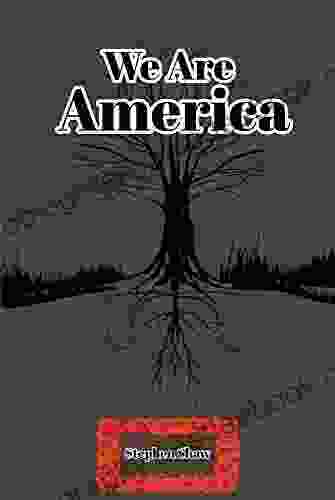
 Junichiro TanizakiWe Are America by Susan Mallery: A Profound and Heartwarming Exploration of...
Junichiro TanizakiWe Are America by Susan Mallery: A Profound and Heartwarming Exploration of... Roald DahlFollow ·17k
Roald DahlFollow ·17k Lord ByronFollow ·15.1k
Lord ByronFollow ·15.1k Ernest HemingwayFollow ·18.5k
Ernest HemingwayFollow ·18.5k Chase MorrisFollow ·18.5k
Chase MorrisFollow ·18.5k Ray BlairFollow ·9.8k
Ray BlairFollow ·9.8k John GrishamFollow ·10.4k
John GrishamFollow ·10.4k Dean CoxFollow ·14.9k
Dean CoxFollow ·14.9k Cruz SimmonsFollow ·19.4k
Cruz SimmonsFollow ·19.4k

 Fletcher Mitchell
Fletcher MitchellEducation And Peace Montessori 10: Where Learning...
A Symphony of Learning and Well-being Amidst...

 Glen Powell
Glen PowellUnveiling the Wonders of Language and Literacy...
Language and literacy...
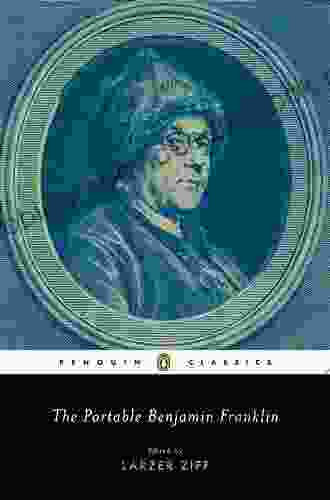
 Rod Ward
Rod WardThe Portable Benjamin Franklin: A Timeless Collection of...
In the vast tapestry of American history,...
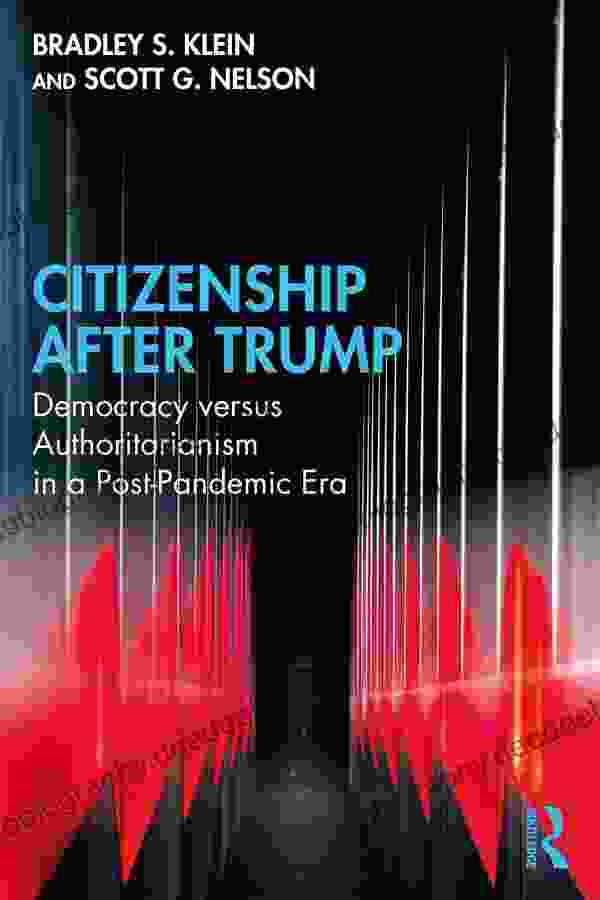
 Kelly Blair
Kelly BlairDemocracy Versus Authoritarianism in the Post-Pandemic...
The COVID-19...

 Colin Richardson
Colin RichardsonGet Inspired To Shoot Over 130 Poses
Are you looking for...
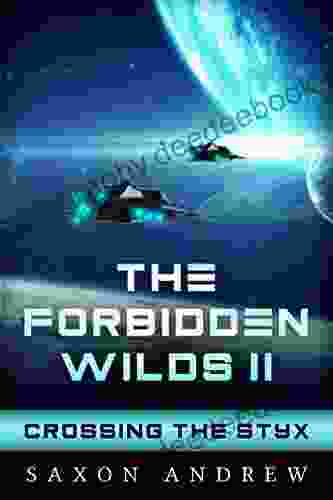
 Jared Nelson
Jared NelsonEmbark on a Shadowy Journey: The Forbidden Wilds and...
Prologue: A Realm Enshrouded in Darkness As...
4 out of 5
| Language | : | English |
| File size | : | 4240 KB |
| Text-to-Speech | : | Enabled |
| Enhanced typesetting | : | Enabled |
| Screen Reader | : | Supported |
| Print length | : | 335 pages |


